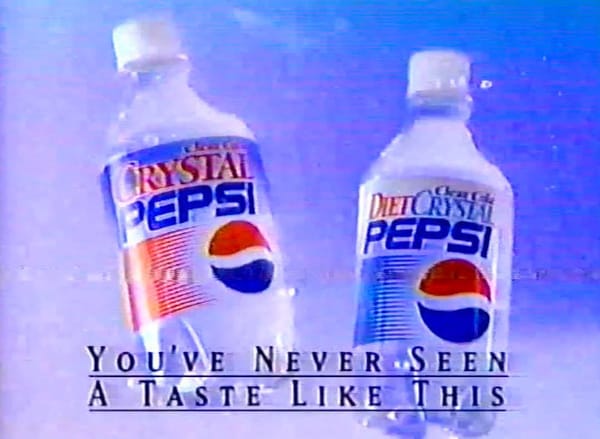Apple's recent iPad Pro ad controversy in Japan is just the latest example of a major brand stumbling into a cultural pitfall with its marketing.
While aiming to showcase the tablet's versatility, the ad's depiction of creative tools being crushed struck a discordant note with Japanese viewers who revere craftsmanship and artistry.

This cultural disconnect highlights the critical importance of sensitivity and localising marketing efforts for global audiences. Even the biggest brands have repeatedly learned this lesson the hard way after offensive ads sparked backlash.
Dolce & Gabbana's 'DG Loves China' Campaign Fiasco
The luxury brand Dolce & Gabbana released a series of videos intended to promote its products in China.

However, the videos were slammed as racist and stereotypical, depicting a Chinese woman struggling to eat pizza and spaghetti with chopsticks. Chinese consumers were outraged, accusing the brand of mocking their culture.
The campaign was swiftly cancelled, and the founders asked for forgiveness after their products were pulled from major Chinese e-retailers.
"That's explicit racism," one person said on Weibo, a popular microblogging website in China. "D&G's stereotyping China. [The videos] only show the brand's outdated view about China."
Calls to boycott the brand resonated among those who considered it essential. "If we don't kick D&G out of China now, there will be many other foreign brands trampling on our Chinese dignity!"
D&G removed the viral videos from Chinese social media within 24 hours of posting them.
Protein World's Controversial "Beach Body" Ads
Closer to home, the UK-based brand Protein World was embroiled in controversy with a 2015 advertising campaign featuring a model in yellow swimwear and the question "Are you beach body ready?"
The ads were widely criticised as promoting an unrealistic body image, and London's mayor stepped in to ban the "enormously offensive" campaign from the city's public transit network.
Displaying an unapologetic stance, the brand's actions spoke volumes: "Sales have tripled and the PR department just got their bonus". In contrast, the brand defiantly re-tweeted numerous offensive tweets about its body image.
Pepsi's Ill-Conceived Kendall Jenner Protest Ad
In 2017, Pepsi released an ad depicting reality star Kendall Jenner leaving a modelling shoot to join a protest march.
In a widely criticised scene, Jenner hands a can of Pepsi to a police officer, prompting cheers from the crowd to promote the idea that the soda can unite people from different backgrounds.

The ad was swiftly pulled after being lambasted as appropriating and trivialising the Black Lives Matter movement and protests against police brutality. Critics slammed it as out-of-touch and offensive, accusing Pepsi of co-opting important social justice causes to sell soda.
"The Pepsi promotion was a slap in the face," wrote Charles Taylor in The Ringer. "It undercuts the importance of the cause in favour of producing a meaningless, shallow corporate idea of 'unity.'"
In the face of intense backlash online and from advocacy groups, Pepsi was forced to apologise and admit the ad "missed the mark." The company said it did not intend to make light of serious issues and promised to learn from the experience.
PlayStation Portable White is Coming
In 2006, Sony launched an advertising campaign in the Netherlands to promote the new white version of the PlayStation Portable. The campaign used the slogan "White is coming" along with a white woman dressed as a nun and holding the white PSP.

However, this slogan and imagery drew heavy criticism for being insensitive and having racist undertones. The phrase "White is coming" was seen as evoking the racist White supremacist slogan "The Whites are coming."
Anti-racism groups in the Netherlands spoke out against the ad campaign, calling it offensive and demanding Sony apologise and pull the ads. Sony ultimately did withdraw the "White is coming" campaign in the Netherlands after the public backlash over the racially insensitive tagline and visuals.
Tone deaf to the extreme. This makes you think, could it be possible this was done on purpose to drum up publicity, regardless of the backlash? Never say never in the world of PR.
From appealing to the wrong stereotypes to promoting unhealthy societal standards, these brands learned that even the most well-intentioned marketing campaigns can fall disastrously flat when they disregard cultural nuances.
In a globalised market landscape, it's increasingly critical for brands to localise their messaging and work with locals from target markets to avoid missing the mark entirely.













